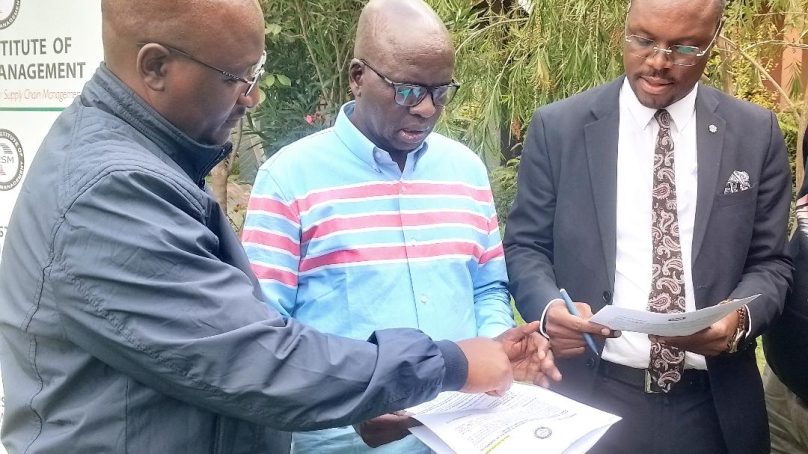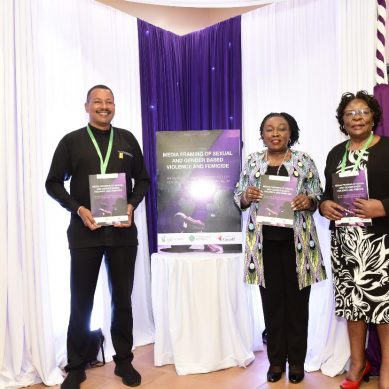
Kenya Institute of Supplies Management (KISM) has flagged rising non-compliance with supply-chain and procurement laws among its members across both levels of government.
The institute noted that out of 109 institutions audited since January this year, 42 per cent of practitioners are non-compliant while 15 per cent are practising illegally.
According to the Institute CEO Kenneth Matiba, the audit of 20 ministries, 13 counties, 21 private institutions and 55 state corporations presents a worrying trend of non-compliance cases among members.
He termed the counties as the major bedrock of noncompliance with practitioners lacking valid licenses to practice against the Supply and Procurement Management Act.
Matiba said non-licensed officers in the sector put into question the legitimacy of procurement deals and processes amidst rising cases of corruption and irregularities within the departments.
“The Institute has recorded high cases of non-compliance with relevant supply and Procurement laws across all sectors and we have moved in to tame the worrying trend,” said Matiba.
The CEO said the institute has partnered with county governments and private players to enhance their capacities and ensure all officers under their dockets are in full compliance with the law.
On his part, John Karani, the chairman of the institute said professionals who are licensed but are flouting procurement laws risk being debarred and stopped from practicing.
Karani said the institute with over 25,000 members is geared towards enhancing professionalism in the sector noting that tens of members are already facing disciplinary and administrative sanctions.
“So far, we have sanctioned two individuals for flouting supply and procurement laws and with 93 active cases, the institute will take possible sanctions including being deregistered,” said Karani.
He added that they have partnered with the ministry of education to ensure value-for-money procurement and professionalism in the 33,000 schools teaching supply chain and procurement courses.
The Chair also called on the County Public Service Board to ensure all officers employed to oversee the procurement department have the requisite skills and competencies as well as being registered with the regulating institute.
On the rollout of e-government procurement, Karani said the institute is working with the National Treasury to ensure a seamless rollout of the digitised system which will enhance transparency and openness in the sector.
Consequently, Karani said the institute has partnered with the judiciary to train its council members on writing well-thought-out judgements and strengthen its disciplinary committee.
- A Tell Media / KNA report / by Erastus Gichohi







